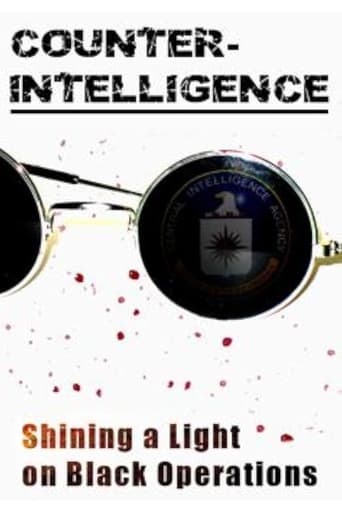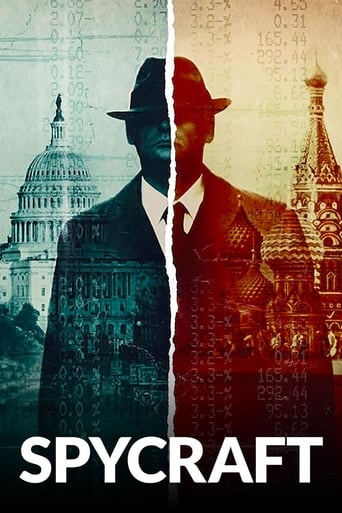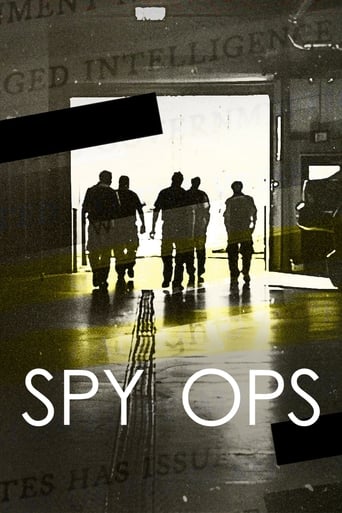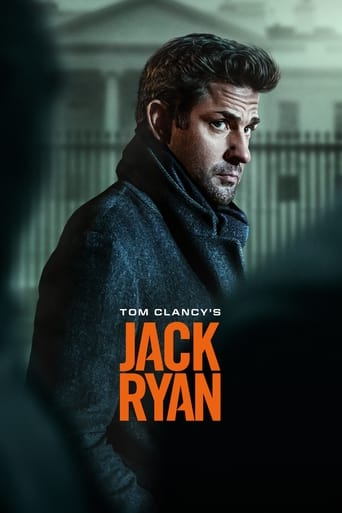Counter-Intelligence Season 1

A five-part documentary series that examines in-depth the influence of espionage agencies on governments and societies, both domestically and abroad.
Watch NowWith 30 Day Free Trial!
Counter-Intelligence
2013
A five-part documentary series that examines in-depth the influence of espionage agencies on governments and societies, both domestically and abroad.
Watch Trailer
With 30 Day Free Trial!
Counter-Intelligence Season 1 Full Episode Guide
On New Years Eve 2011, Barack Obama signs into law (without much opposition) the National Defense Authorization Act—a law that allows the government to detain its own citizens without charge indefinitely, and even murder its own citizens without due process. Case in point was the assassination of Anwar al-Awlaki in Yemen in 2011. This new law then leads to further secret drone strikes throughout Yemen, Pakistan, Somalia, Afghanistan and Iraq directed by Obama and institutions such as the CIA. What direction are we heading in from here?
This episode investigates how torture and extensive demonstrative violence have been used as tools throughout clandestine operations, intelligence gathering and also outright war. Recent examples covered are the abuses by the United States military in Abu Ghraib and Guantánamo Bay, as well as the workings of covert operations involving torture and organised violence. Also discussed are attitudes towards civilian casualties in modern war, as well as recent framing conditions of propaganda such as Islamophobia—the driving force behind warmongering and mainstream media manipulation.
The Strategy of Tension examines the history of false flag operations used for war, propaganda and psychological operations—or ‘psy-ops’. Operation Northwoods and Operation Gladio are examples used to illustrate the nature of clandestine operation planning and execution; as well as shedding light on the intent and extent to which the National Security apparatus manipulates events and manufactures outcomes to suit its goals. This programme also looks at the issues that spin off from the history of false flag operations—such as how conspiracy theories are used to discredit inquiry and investigative journalism; and also how the cultural preconditions around dismissing false flag operations serve to protect their continuation and ‘plausible deniability’…
The Iran-Contra affair provides the public with their first glimpse of the secret National Security State, leading on from the Watergate scandal in the 1970s. This episode examines the history of organised crime networks—Mafia’s and gangs—to show the close relationship between them and secret intelligence agencies, as well as the creation of paramilitaries tied to executive arms of the United States government. With these criminal networks trafficking drugs and weapons, the programme goes on to investigate how the ‘War on Drugs’ was instigated to actually serve as further protection of the established criminal networks—the perfect cover for more intervention around all parts of the globe, though especially throughout South America. The subsequent attacks on whistleblowers are also documented…
This first episode lays out the structure of the modern intelligence agency, using the evolution of the CIA and the creation of the concept of ‘plausible deniability’ to show how the continued rapacious spread of the clandestine National Security State has been built up over time, to the complex network it is today. Examples of previous operations by secret agencies show election tampering; assassinations; the setting up of NGO’s and front companies for ‘economic hit-men’; creation of mercenary groups and paramilitaries; the clandestine modern military-intelligence bureaucracy, including JSOC and NSA; as well as illustrating the emergence of The Panopticon—the vast National Security surveillance network. This network is more powerful than even governments—with examples in Australia showing how Gough Whitlam is expelled for wanting to shut down Pine Gap and other top secret US military bases…
Free Trial Channels
Seasons




































